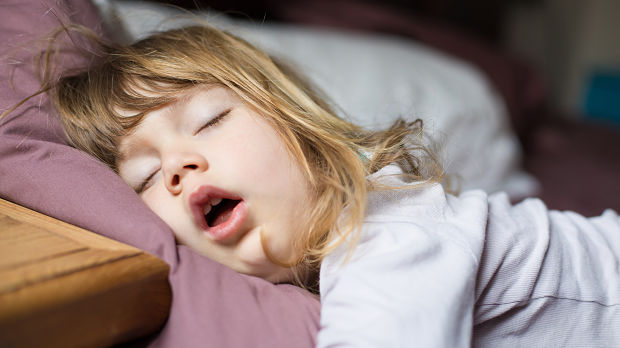Atopic dermatitis (AD), the chronic, itchy, inflammatory skin disease, affects up to 30% of all children and up to 60% of those children also report disturbed sleep. While it is not fully understood whether it’s the itch of AD keeping these kids up at night, or some other sort of underlying issue caused by AD, it is known that lack of sleep has effects on cognitive function and quality of life.
A recent study reviewed the benefits and risks of available therapeutic sleep aids to manage sleep disturbances in children with AD. First generation antihistamines (usually diphenhydramine and hydroxyzine) are often the first line medication used to manage itchiness at night. These medications have side effects ranging from mild to dangerous, since overdosing is a real concern. Parents must be cautioned about correct dosing since some fatal overdoses have occurred. Also, the sedation that these medications cause may have lasting effects into the daytime hours and may affect school performance.
Low-dose tricyclic antidepressants and benzodiazepines have also been used to combat sleep issues. The authors note that there are no formal studies on the use of these medications in children, but a possible benefit could be their anti-anxiety effects.
Melatonin supplements show promise as a sleep aid with minimal side effects, but parents need to know that the FDA does not regulate it and that more studies are needed to determine optimal dosing and duration of treatment.
The authors also look at behavioral strategies to manage itching and of course, the effects of better managing AD overall on sleep quality. The authors conclude that further study is needed to determine which medications are optimal, but there are options to help manage sleep disturbances.

